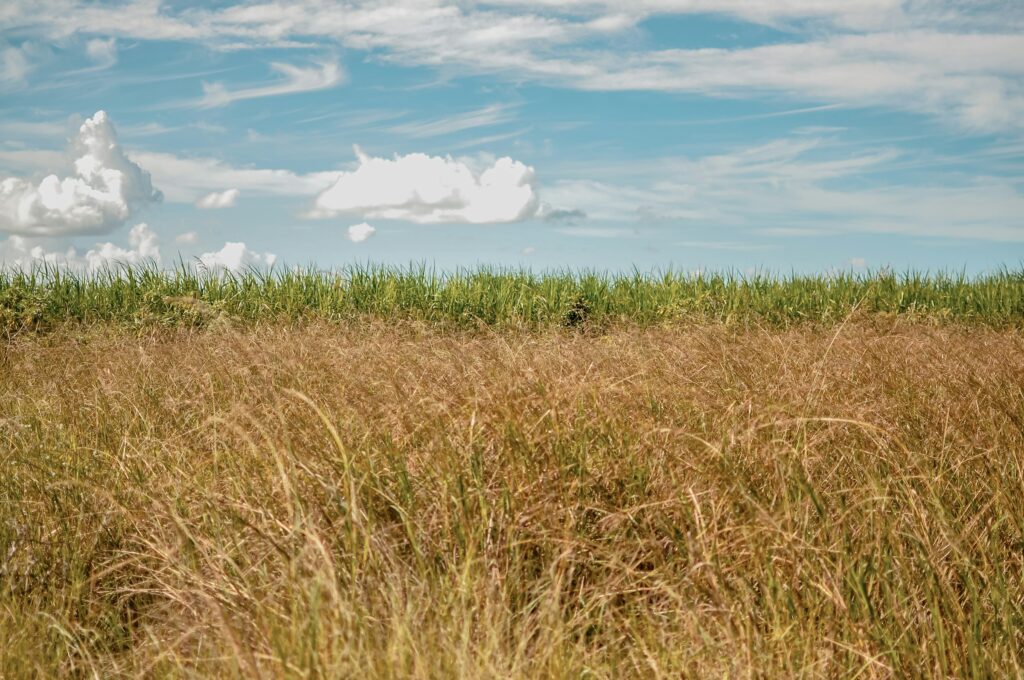Physical Address
304 North Cardinal St.
Dorchester Center, MA 02124
Physical Address
304 North Cardinal St.
Dorchester Center, MA 02124
Discover Bacolod’s rich history, vibrant culture, and unique traditions.
Known as the “City of Smiles,” Bacolod is a vibrant city located in the heart of Negros Occidental in the Philippines. Famous for its warm and friendly locals, Bacolod boasts a unique blend of modernity and traditional charm. It is a hub for culture, culinary delights, and colorful festivals, making it a favorite destination for tourists and locals alike. The city is a gateway to some of the most picturesque spots in the region, with sugarcane plantations stretching as far as the eye can see, earning it the title “Sugar Capital of the Philippines.”
Bacolod’s welcoming atmosphere is complemented by its well-maintained urban areas, including lively public markets, bustling commercial districts, and serene parks. The Bacolod-Silay Airport, located just a few kilometers away, ensures easy access for travelers. With its strong emphasis on art, history, and community, Bacolod continues to charm visitors year after year.
Bacolod’s rich history dates back to its founding in 1755 when it was established as a small village by Spanish settlers. Its name comes from the Hiligaynon word “Bakolod,” which means “stone hill,” referring to its original location on a hilly area near the Magsungay River. Over time, Bacolod’s strategic location along the coastline made it a vital trading post and administrative center during the Spanish colonial period.
The city saw significant growth during the 19th century with the rise of the sugar industry, which became the backbone of its economy. The influx of immigrants and workers helped transform Bacolod into a bustling urban center. Its historical landmarks, such as the San Sebastian Cathedral and the Provincial Capitol, stand as testaments to its colonial past and enduring legacy. Today, Bacolod continues to honor its history while embracing modernity.

Bacolod is a city deeply connected to its traditions and identity, with a strong sense of pride among its people. The residents, known as Bacolodnons, are renowned for their hospitality and cheerful demeanor. Art thrives in this city, with galleries, murals, and public art installations showcasing the talent of local artists.
Food is central to Bacolod’s culture. Known for its mouthwatering delicacies, the city is celebrated for its:
Music and dance are integral to Bacolod’s culture, with traditional performances often seen during festivals and celebrations. The city’s creative spirit is evident in workshops and activities that engage both locals and visitors.
Traditions in Bacolod are vibrant and deeply connected to the lives of its people. The most iconic tradition is the annual MassKara Festival, a celebration of resilience and unity, featuring street dances, elaborate costumes, and radiant smiles. Held every October, this festival reflects the city’s enduring optimism despite challenges.
Religious observances are also significant in Bacolod, with grand celebrations during Holy Week and the Feast of San Sebastian, the city’s patron saint. Local fiestas bring communities together in a colorful display of gratitude, often accompanied by music, food, and parades.
Family and community are at the heart of Bacolod’s traditions. From simple neighborhood gatherings to grand city-wide events, these customs foster a sense of belonging and showcase the enduring charm of the City of Smiles.